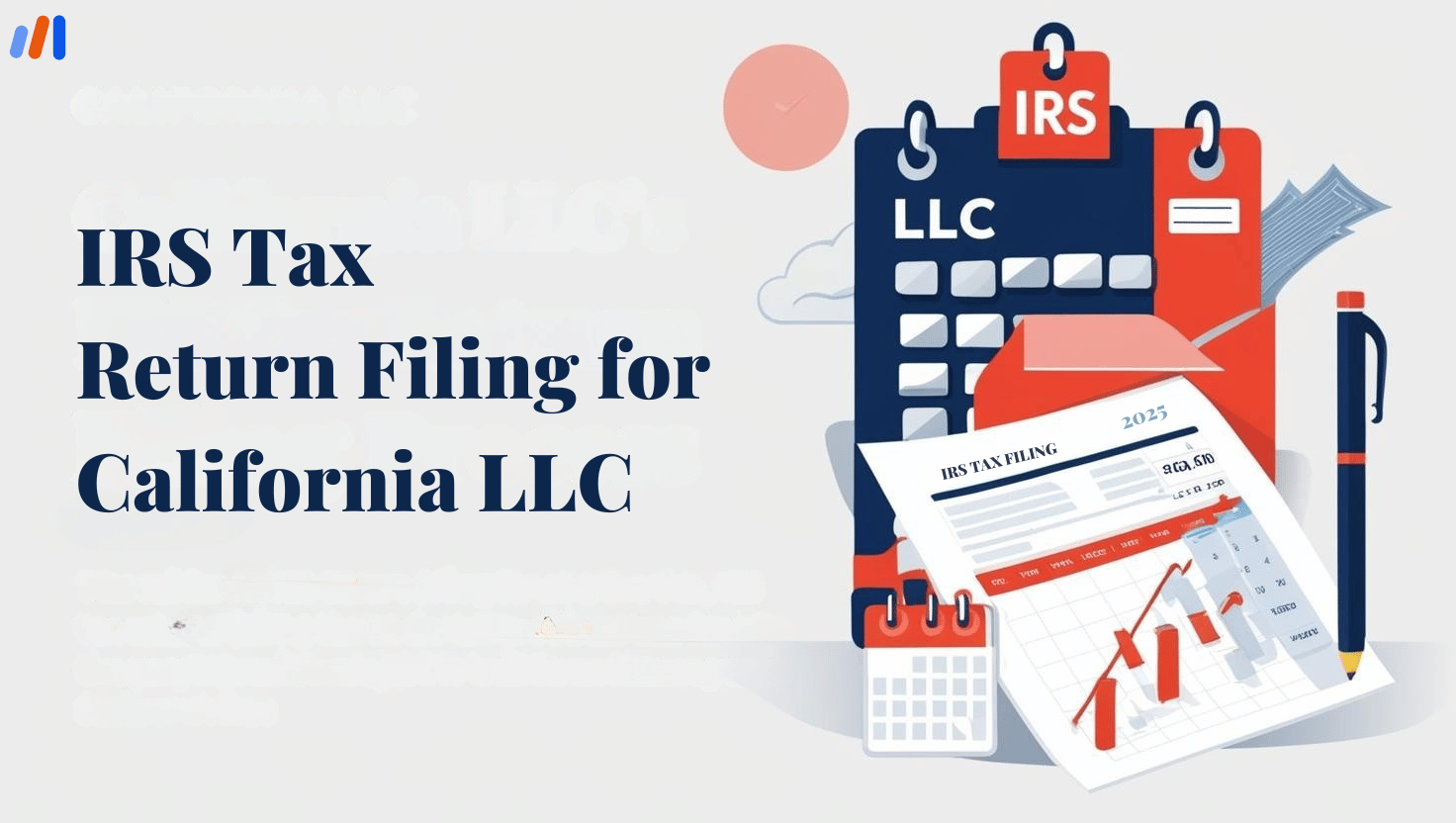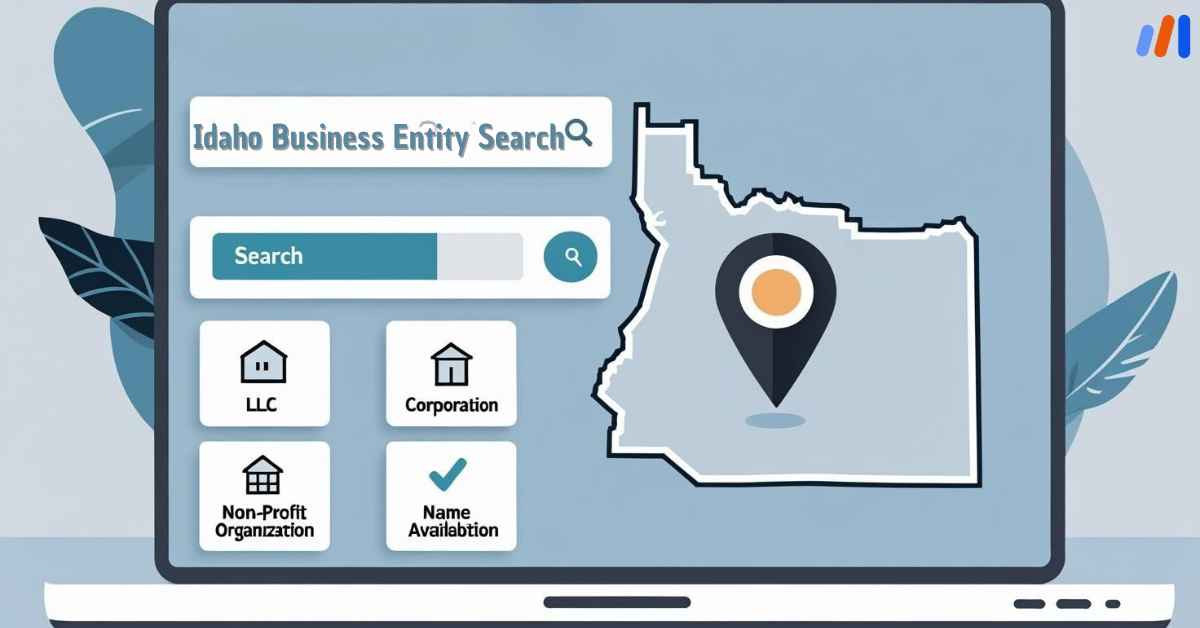As a Limited Liability Company (LLC), compliance is crucial in protecting your business, retaining its good standing, and keeping out of trouble that might come from failing to adhere to the requirements set by state and federal authorities.
One of the favorable treatment of LLCs is that the owners (members) are protected from personal liability. But for an LLC to maintain this tax, it must comply with certain statutory ongoing requirements set by state and federal authorities.
Here are several concise steps to maintain LLC compliance in the US.
1. File Annual or Biennial Reports
Most states require the LLC to prepare and submit annual and biennial reports. These reports are incorporated to keep the state updated with the current status of the company’s business.
- Purpose: These reports can provide an official record for the state when proper procedures of an LLC were created and what has changed since the original creation of the company.
- Contents: Such reports mostly would ask for the LLC name, the main Office address, other members or rather managers of the company including registered officer information. Some states even require an estimate of the business of the LLC.
- Deadlines: Certain deadlines for filing are state-specific.
- Delaware: The report is required yearly, and the franchise tax is due on June 1.
- California: California requires LLCs to file a Statement of Information once every two years, which is due 90 days after formation and then biennially.
- Florida: Cautionary measures like paying a fine are needed if accounts are not updated with the Florida LLC annual report deadline of May 1st of every year.
- Texas: May 15 every year is the deadline by which all LLCs must submit their annual reports.
- Penalties for Non-Compliance: There can be stamping of ‘not in a good manner’ on LLCs, and if personal terms are violated then personal liabilities can also be pursued among members of the LLC besides the administrative terminations for missing deadlines of these reports among many of the others.
2. Pay State and Federal Taxes
At both the IRS (federal) level and the state level, LLCs have tax obligations that must be undertaken. There is no need for debate on this issue; it’s all about good business practice, regulation, and compliance.
State Taxes and Fees
- Franchise Taxes: LLCs in some states such as California and Delaware are required to pay a one-time county franchise tax at the end of the franchise period. Franchise taxes are not income taxes, they are an LLC requirement that is simply maintaining the status of the LLC.
- State Fees: Such states as New York or Florida may have a particular annual fee that the LLC has to pay which is based on the LLC’s earnings, and the number of shareholders, among other criteria.
- Sales and Use Taxes: If applicable to the type of business you are in, your LLC might be obligated to collect and remit taxes on sales or services rendered. Confirm with state rules whether sales tax is a requirement for your LLC.
- Other Taxes: Businesses may pay other types of taxes even when a state does not have a corporate income tax such as the tax on gross receipts in Texas, Nevada for example.
Federal Taxes
By the Internal Revenue Service, the tax hierarchy of your LLC stipulates the documents you will be filing:
- Single-Member LLC (Sole Proprietorship): For federal tax purposes, all single-member LLCs are defaulted to sole proprietorship and are taxed as such, meaning that the income of the LLC will need to be included in the personal tax return of the Member, using a Schedule C of Form 1040.
- Multi-Member LLC (Partnership): The general tax structure in such countries as the US and Canada is characteristically partnership tax whereby, Multi-member LLCs. However, they are required to submit IRS Form 1065 along with issuing a Schedule K-1 to each member, indicating the LCC owner’s share of income and losses.
- S-Corp Election: An LLC that wishes to be treated as an S-Corp for tax purposes would do so by submitting Form 2553 to the IRS. This form is completed by LLC owners seeking tax savings on salaries and distributions taken out of the company.
- C-Corp Election: An LLC purely for tax purposes can elect to be treated as a C-Corp in filling Form 8832. This would suit LLCs that would like to plow back their profits or those intending to sell shares.
Quarterly Estimated Taxes
Self-employed members of an LLC, whether a sole proprietor or in a partnership, are required to file estimated tax payments with the Internal Revenue Service and state tax authorities every quarter. Not doing so puts them at risk of penalties.
3. Maintain a Registered Agent
In the context of c-corporations, the registered agent may also maintain the c-corporation’s contact address(es) to receive official service of process, but the registered agent is complicit in the act, and her existence does not replace the need to maintain a business address.
Who Can Serve as a Registered Agent:
- A natural person who is a resident of the state where the LLC is registered and is located at a physical address.
- A business organization that is authorized to provide registered agent services in the state as one of the several services targeted to LLCs and corporations.
Responsibilities of the Registered Agent:
-
- Legal Notices: The registered agent must be on duty, accessible through business lines at a given time of day to receive legal documents such as lawsuits, subpoenas, and important notices.
- State Correspondence: An update on the business status such as tax-related documents and annual report reminders will also be sent to the agent representing the company.
- Updating the Registered Agent: It is important that once a registered agent or their address is changed, a notice is communicated to the state authority so that some important information is not lost.
4. Comply with Licensing and Permit Requirements
Unless it is specialized in certain kinds of activities or works, LLC formation and those legal activities that need to be performed to maintain the LLC are not enough in today’s society to conduct most kinds of businesses legally.
- Local Business Licenses: Depending upon the city or county of the location of the LLC, a business should, in some cases, manage a business license or authorization. For example, a sales tax permit could be necessary for running a retail store, and operating a restaurant might have similar requirements but for health department permits.
- State Licenses: Most professions are bound to state-level licensing to perform the job legally. Some of them can be; contractors, doctors, lawyers as well and real estate agents.
- Federal Licenses: A license from the federal agency is a requirement for some businesses, among them broadcasting, seat drinks, guns, or agencies that deal with transportation.
- License and Permit Renewals: A lot of licenses and permits fall issued with expiry dates and require a periodical renewal. Should you not be able to renew the business license or any other permits issued in your name, there may be penalties that may even result in the closure of your LLC.
5. Update and Maintain the Operating Agreement
This is essential in case the operating agreement is a Declaration of the Internal Rules/Articles of Incorporation/Bylaws of the business entities. It describes the organizational structure of the LLC, its management modality, the decision-making model, and the roles of the members of the LLC.
What to Include:
- Percentages of ownership by each member.
- Management of the structure (who is in charge of managing the LLC: its members or other managers).
- Voting rights and mechanisms of making decisions.
- Sharing of profits and losses.
- Terms for accepting new members and removing the existing members.
When to Update:
- Changes in Ownership: The Operating Agreement should be amended or restated when new members are added or other contenting members leave the LLC.
- Major decisions: In cases where there are substantial operational modifications like a change of ways of doing business or introducing new business services, such as business re-engineering, the Operating Agreement should also be altered.
6. Separate Personal and Business Finances
One of the important aspects of maintaining compliance with LLC requirements and safeguarding your limited liability applicability is the separation of personal accounts from those of the business.
- Business Bank Account: Ensure you open a business bank account for your LLC so that all the income and expenses of the LLC are not mixed up with your finances.
- Credit Cards: Utilize a business credit card whenever possible for business-related expenses.
- Reason Why It’s Important: The most significant risk associated with self-dealing is the potential to ‘pierce the corporate veil,’ which places LLC members personally at risk concerning the company’s liabilities and legal matters.
7. Protect Your Intellectual Property
If your LLC is the owner of intellectual property, such as trademarks, patents, copyrights, or any trade secrets, ensure that these are secured by having them registered with the relevant authorities such as the United States Patent and Trademark Office or other offices.
- Trademarks: If you wish to discourage potential competitors from similar marks, trademark your business name, logo, or any other brand elements.
- Patents and Copyrights: Any IP, artifacts, or works that are authored, designed, or invented must be secured by legal means.
- Domain Names: Related domain names have to be registered to secure your sovereignty on the internet.
8. Stay Compliant with Employment Laws
If your jointly owned LLC has employees, the business must adhere to federal, state, and local employment laws.
- EIN: The IRS issues EIN to corporations, which is akin to a registered number and is required in all filings related to employment taxes.
- Wage Laws: Where applicable, federal and state Wage Laws and Overtime Laws must be observed.
- Anti-Discrimination Laws: Responsibly manage employee hiring, firing, and certain workplace policies to avoid discrimination claims.
- Worker’s Compensation and Insurance: Many states do not permit LLCs with employees to be without workers’ compensation insurance coverage.
9. Adhere to Local Laws
Do not forget to check local (city or county) business regulations even if you have fulfilled Minnesota LLC requirements as well as the country’s governing laws. Some of the constituents can be such regulations as local zoning, sign requirements, noise and nuisance provisions, and reliable health as well as safety standards.
- Zoning Requirements: If you have physical offices and conduct business from there, please make sure the place where you conduct such business activities fits well in your zoning classification.
- Local Permits: Some jurisdictions like counties and cities require special types of permits for establishments such as eating places, entertainment places, or home occupations.
How EasyFiling Helps LLC Stay in Compliance in the United States
EasyFiling acknowledges the fact that any business person would find it quite a hassle to maintain LLC compliance. There are however several services offered that address this issue and ensure that the company continuously conforms to all federal state and local policies.
For a beginner who has just made the decision to start an LLC or has been in business for over a decade then EasyFiling can save such business people a lot of time and stress.
We can help prepare your annual and biannual reports to ensure that you do not miss any critical deadlines. Our registered agent services act as an official last resort whereby all legal and state-important communication can be directed to ensure that notification for any action and/or update is not violated.
Besides, we also assist with tax issues so that the LLC can perform the necessary tax filings and maintain validity with the IRS and state taxation authorities.
Book a free consultation today with Easyfiling to stay in Compliance in the United States.
File Your LLC Today
25$ off with a coupon
Lock in EasyFiling's transparent rates and get lifetime compliance support at no extra cost.
Get Started Now









